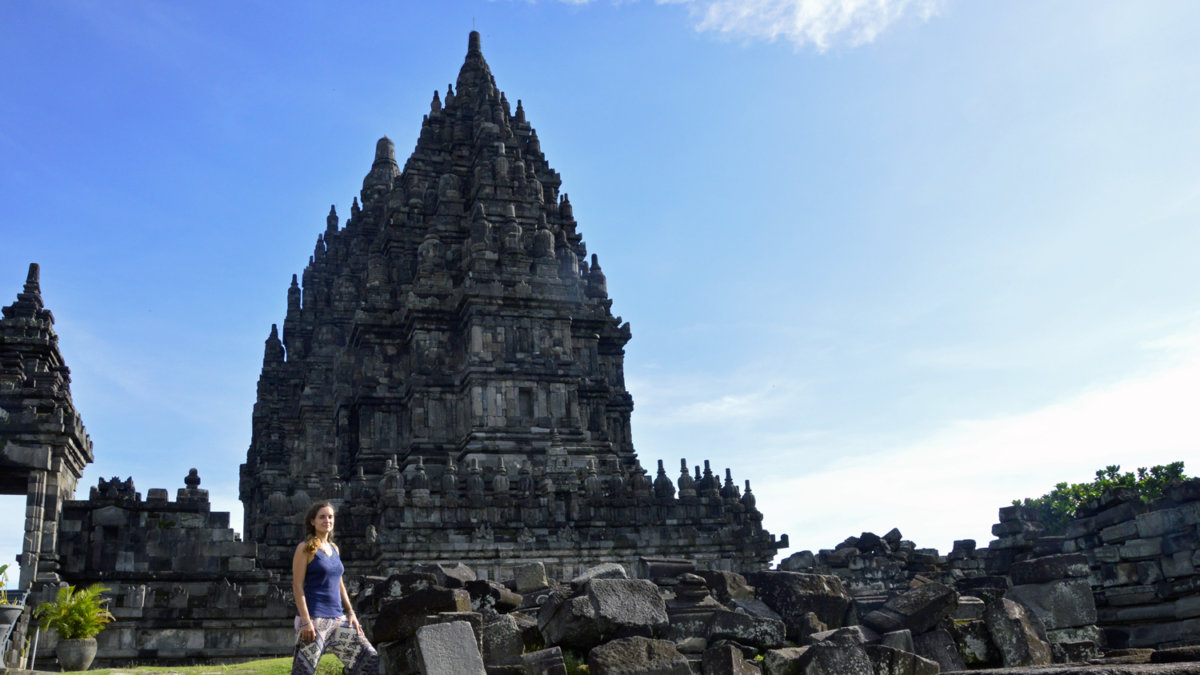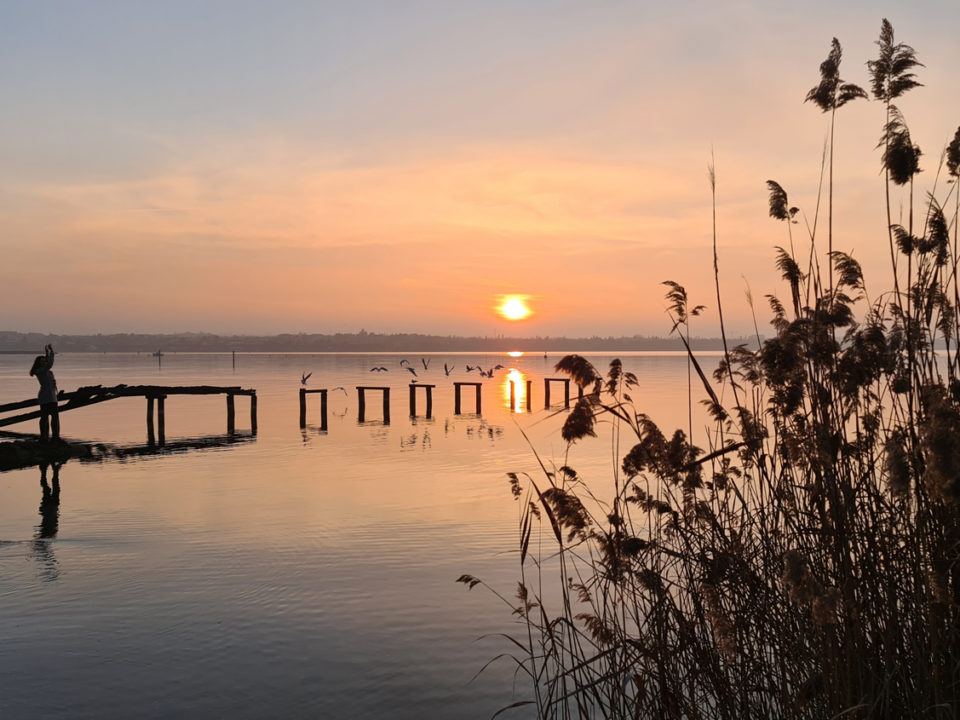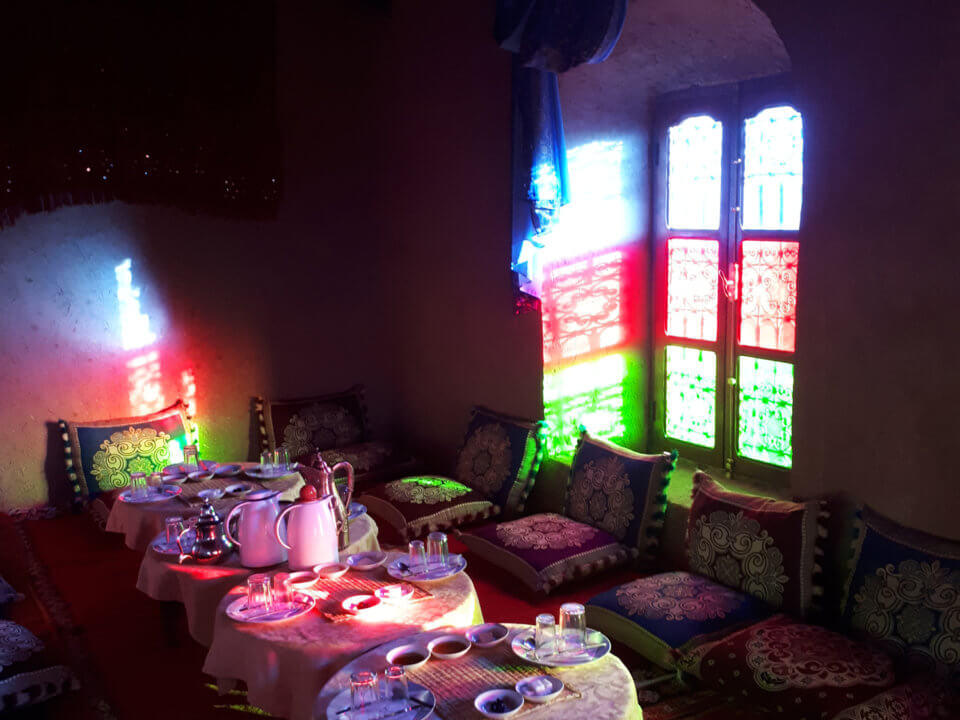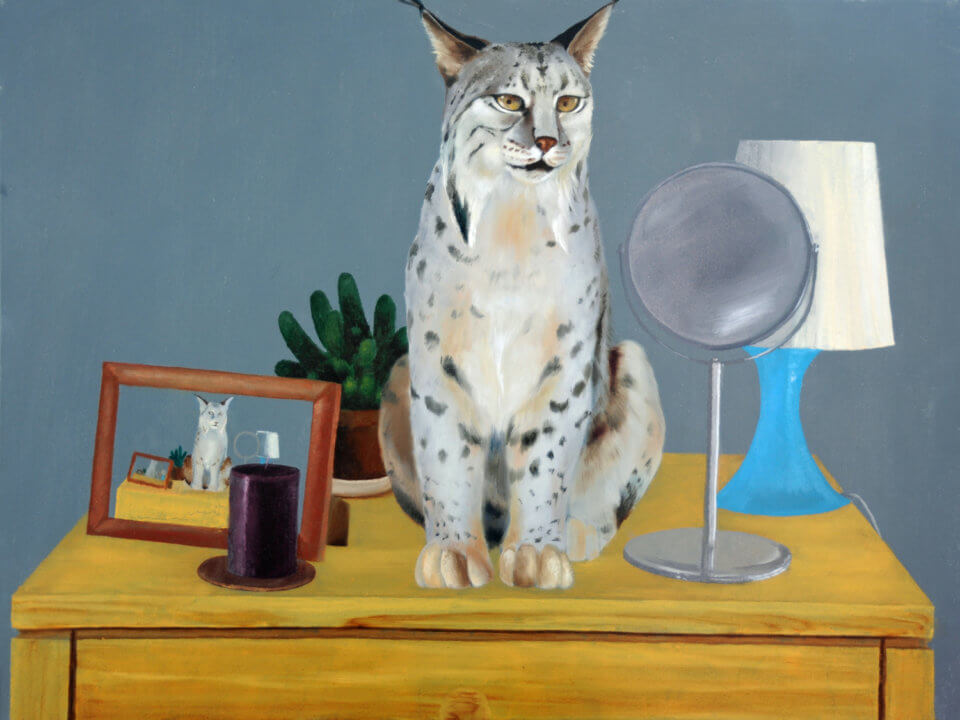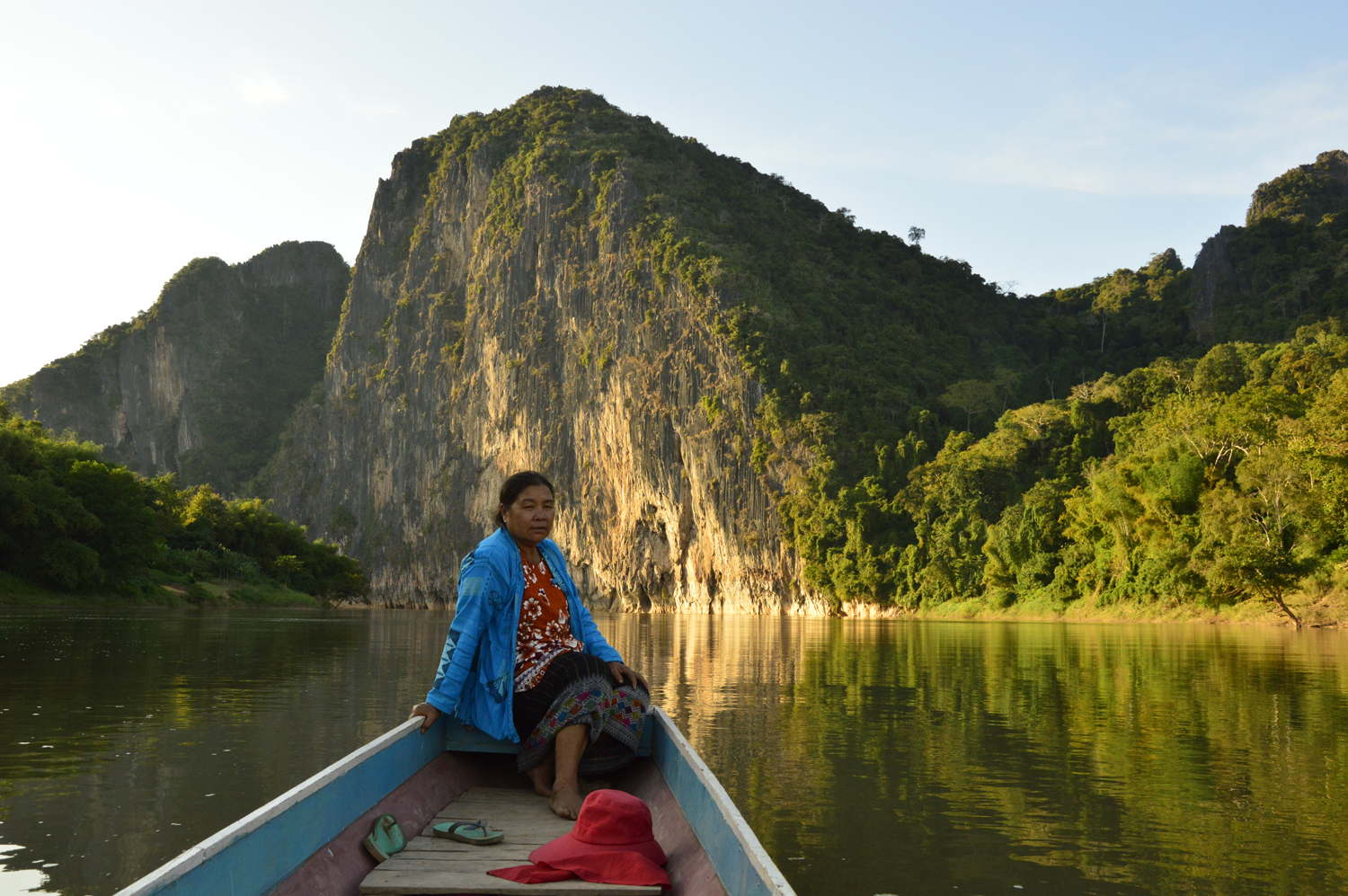
How experiences shape our lives
23. July 2020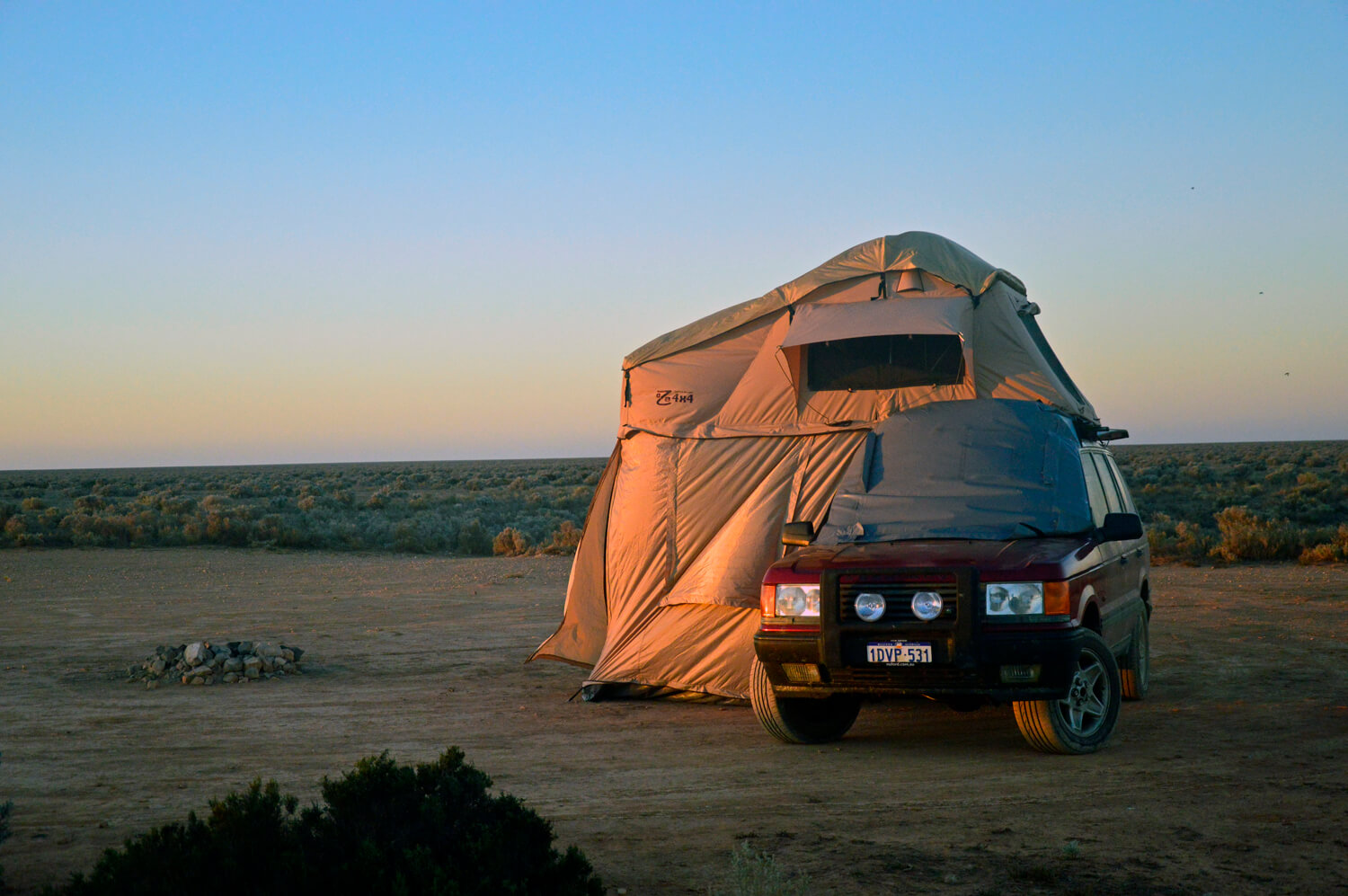
Wild Australia, just like I would like to see every place
10. September 2020
How experiences shape our lives
23. July 2020
Wild Australia, just like I would like to see every place
10. September 2020Crossing Indonesia
Crossing Indonesia
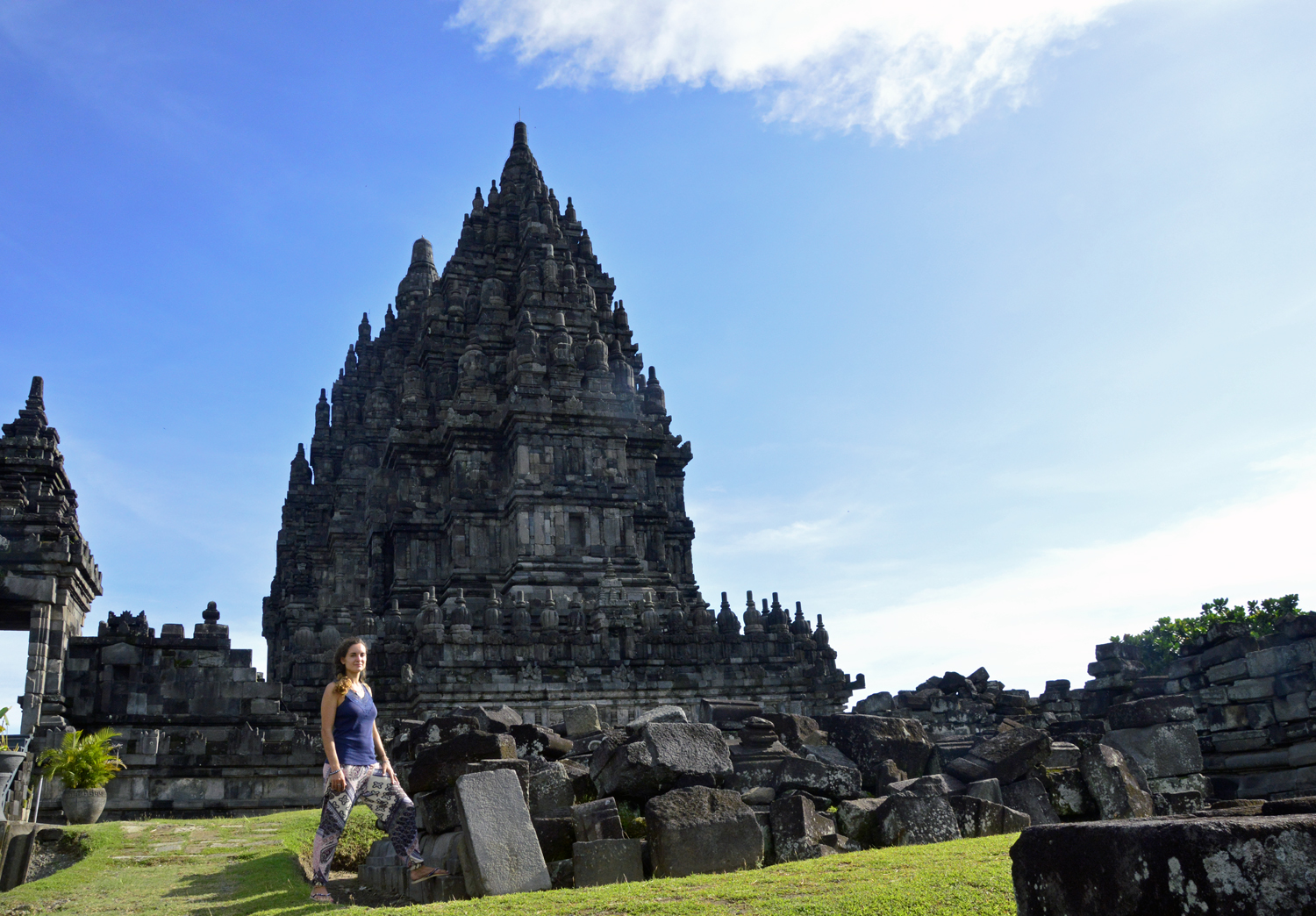
The Prambanan Temple in Java.
The Planet that lives
We spent Christmas 2017 on a small island in the Andaman sea, which I would never have left. How many times I still think of it! I left there a personal "signature" on the wall of the bar-restaurant on the beach, run by very kind and generous people, with whom we had built a good relationship. A neon-pop whale stayed there for me. Our program was still ambitious, it still included many stages, including the very long Indonesia. We had to get as close to Australia as possible, that was the last destination! With the new year we would have been in Malaysia then. We could reach it by sea with a boat. We then reached Ko Adang, an island included in a national park, an almost original paradise in which it was worth staying a few days. Next to it was the highly exploited Koh Lipe, from which we then took the speedboat to Penang, in Malaysia. The multi-ethnic culture of Penang welcomed us into the new year. The first days of 2018 were very intense. We had counted days because we had already scheduled a flight a few weeks earlier to Sumatra, the large north-eastern island of Indonesia. We had just enough time for an excursion to the world's oldest rainforest of Belum-Temenggor and to get lost in the streets and skyscrapers of Kuala Lumpur.
Our stay in Indonesia, on the other hand, offered us the time to go forward in all kinds of nature and landscapes. From the tropical island, to active volcanoes, from the forest home of the last Sumatran tigers and rhinos, to the ruins of ancient civilizations. It is a strong nature that lives intensely, the Indonesian one. The Earth is teeming and manifested in the most extreme, but also most wonderful, aspects. Biodiversity is touching because it is immense, but precarious. The Wanicare Foundation, the animal conservation centre that we visited in West Java, showed us the harsh reality: the endangered species. It was a situation we had already known in Laos and Thailand. Here it was no different, indeed. Some animals in the centre, such as some birds of prey, had joined rehabilitation programs to be later released into their habitats again. Except that the habitats are almost gone. This island is very dense with human beings, which have already caused the extinction of their tiger in the last century. They do not seem to include among their priorities the precious wildlife which, despite everything, they still have, despite overpopulation and deforestation.
How many contrasting emotions to cross the islands of this country, to know the touching stories of its people, very poor but with an exuberant character; love those places deeply and feel so helpless. From this emotional situation we got an idea. Tizian and I would have undertaken a small, modest project, but that could work. In this way, we would have collected funds to be allocated to the wildlife conservation centres that we had visited in South East Asia and to help their programs. But we would not have implemented it in Indonesia, but in the neighboring country and continent, in Australia!

